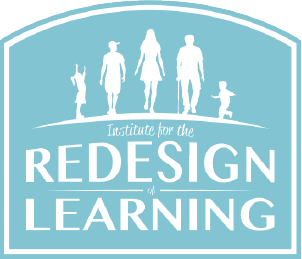When it comes to giving a toy we have a lot of questions: Will it be useful to my kids? Will it promote positive values? Will it improve their learning and developmental ability?
Depending on their age there are toys that are more adapted to their growth. The skills of a toy are infinite and valuable, so in this blog you will find a guide to find out which games contribute to the psychomotor skills of our little ones.
There are 2 types of psychomotor skills in children: fine and gross.
Fine motor skills refer to actions that involve small muscle groups in the face, hands, and feet, specifically, the palms, eyes, fingers, and muscles that surround the mouth. It is the coordination between what the eye sees and the hands touch. These muscles are the ones that enable: hand-eye coordination, opening, closing and moving the eyes, moving the tongue, smiling, blowing, knotting the laces, grasping an object, cutting out a figure, etc..
Gross motor skills are those related to all actions that involve large muscle groups, in general, it refers to movements of large parts of the child’s body or the entire body such as legs, arms, head, abdomen, and back. This type of psychomotricity is a fundamental part for the development of the cognitive area and language. The integration of the child in his environment through play, movement, exploration, and discovery of his own body also depends on this type of psychomotor skills.
Here is a collection of fine and gross motor toys for kids that are easy to set up, have great playability, and promote and develop a wide range of skills:

Magnet Toys provide open-ended play opportunities for children 3 years of age and older to create, build, and use their fine motor skills. Caregivers can ask questions/engage in conversation about the many different shapes, colors, sizes, and magnetic properties of the toys. Magnet toys provide opportunities for kids to play together, take turns, and problem-solve. Occupational Therapists, Teachers, and Speech-Language Pathologists all agree – these toys can provide hours of fun and creativity while building important developmental and social-emotional skills.
Buy it here

Crocodile Hop Floor Game – this exciting twist on a traditional game of hopscotch incorporates color and shape recognition, numbers and counting, and problem-solving, all while getting kids up, moving, and working on their gross motor skills. This game incorporates balance, lower extremity strengthening, and coordination. This game can be played individually or with a group of children.
Buy it here

Fishing Game – 4 games in 1 to help your little one develop hand-eye coordination to stack, sort, lace, and catch the magnetic fish with the magnetic fishing pole. This game provides multiple opportunities to discuss math concepts such as “greater than less than” or “how many” for older kids while also being appropriate for younger children learning to count and identify colors. Children will also learn how to develop patience and coordinate their visual skills with their ability to control their hand movements to “catch” a fish.
Buy it here

“My First Flybar” is a fun gross motor toy that provides auditory feedback each time the child jumps up and down and is a precursor activity to a more advanced pogo stick. The flybar provides children of all ages (and adults) an opportunity to build endurance, strength, balance, and coordination. Children can compete against themselves or others to jump as many times or as long as possible before stepping off the flybar. This gross motor activity is a great way for kids to tire themselves out after a long day of jumping.
Buy it here

3 in 1 Sports Activity Center: A basketball hoop, soccer goal, and ring toss game all in one allows toddlers to have access to learn a variety of sports skills. Soccer incorporates single-limb stance and coordination while basketball and ring toss work on hand-eye coordination. The benefit of this activity center is that it allows for a variety of activities to help keep toddlers interested for longer periods of time vs a single sports activity.
Buy it here
Toys are an example that your child can have fun while coordinating their movements, developing their muscle tone, classifying, and planning.
